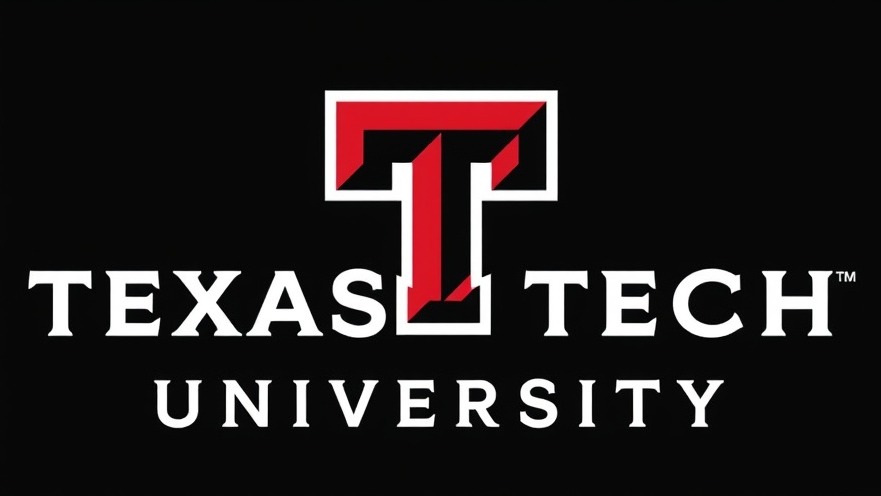
Confusion Following Controversial Gender Identity Guidelines
A recent memo from Texas Tech University System Chancellor Tedd Mitchell has ignited significant concern and confusion across the institution's five campuses. The memo instructs faculty to ensure compliance with state laws recognizing only male and female genders, leaving many professors unsettled about their academic freedom and ability to discuss gender identity in the classroom.
The directive has been seen as an unprecedented move in Texas higher education, where academic freedom has traditionally allowed faculty to explore complex topics without the fear of censorship. With a lack of clear guidelines on what including these discussions might entail, professors are understandably anxious about how to navigate potential repercussions from state mandates.
Academic Freedom at Stake?
Legal experts argue that these restrictions could violate First Amendment rights, which protect free speech in academic settings. Chloe Kempf from the ACLU of Texas described the memo as a damaging assault on academic freedom: "The Constitution requires — and Texans deserve — free and open learning environments in institutes of higher education." This perspective sheds light on the struggle between compliance and the core values of education.
Moreover, concerns are arising that this directive may further marginalize LGBTQ+ students and faculty. Many professors, fearing for their jobs, have begun to self-censor their teaching materials and discussions, which can have detrimental effects on student learning and the academic environment. A graduate student at the Texas Tech flagship campus expressed, “It’s an injustice to the students who came here to learn.”
The Reaction from Faculty and Students
The response from faculty has been overwhelmingly negative. Many professors have reported feeling unsafe to voice their concerns or teach critical content related to gender identity. The Texas Tech system includes over 69,500 students across its campuses, and the implications of this policy could resonate deeply throughout the student body, affecting recruitment and retention of both faculty and students who prioritize inclusivity.
Fear is palpable: faculty members are reportedly looking for job opportunities outside of Texas in response to the increased political interference in academic affairs. A Texas Tech professor raised concerns about the potential for a chilling effect on educators, stating, "Everyone’s so scared right now. Everyone’s just trying to not get fired." This fear runs counter to the educational objectives of fostering open, intellectual discourse.
Political Context and Implications
The political landscape in Texas has been shifting towards stricter regulation of educational content, heavily influenced by Republican lawmakers aiming to enhance control over higher education. In recent years, similar changes have been made across various Texas universities, with laws limiting discussions on diversity and inclusion now extending into broader restrictions on gender identity discourse.
Additionally, Texas Republican Senator Brandon Creighton has been noted for pushing numerous bills that limit liberal practices in educational settings. Such political maneuvers could transform universities into environments where academic freedom is sacrificed under the guise of compliance with state regulations.
A Broader View of Gender Identity in Education
Texas Tech's guidelines are part of a larger trend of state-led regulations on college campuses across the nation. In light of restrictions imposed on discussions of gender identity, many fear that academic institutions are moving closer to adopting practices seen in more authoritarian regimes, where academic freedom is often quashed.
Experts believe that nonbinary and transgender individuals have a rightful place in academic discussions as they represent essential aspects of societal diversity and human experience. As such, teaching about gender identity can enrich the educational experience and promote understanding within the student body.
The Road Ahead: Possibilities and Challenges
Looking forward, how Texas Tech navigates this tumultuous landscape will significantly affect its future. The justification of policies such as these rests upon the balancing act of adhering to state mandates while upholding the institution's educational mission. Legal disputes are likely on the horizon, as tensions mount over perceived infringements on academic freedom.
Meanwhile, various academic organizations, like the American Association of University Professors, have emphasized the need for continued scrutiny of such directives to ensure they do not stifle academic expression. The institution must remain a space for diverse ideas and discussions that allow for complete engagement with the subject matter.
Conclusion: Community Response Needed
The growing unease surrounding these regulations at Texas Tech highlights an urgent need for community engagement and dialogue surrounding gender identity issues. Students and professors alike are encouraged to articulate their support for inclusive education to ensure that Texas campuses remain a place where knowledge is freely exchanged. High levels of community participation could spur a movement dedicated to protecting academic independence and championing the values of diversity and acceptance.
 Add Element
Add Element  Add Row
Add Row 



Write A Comment